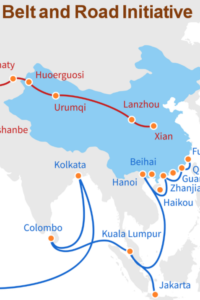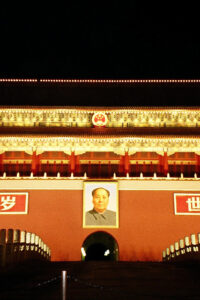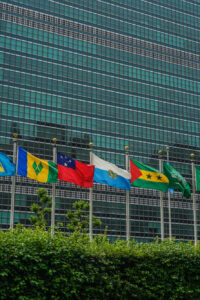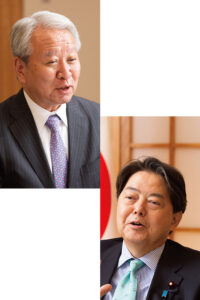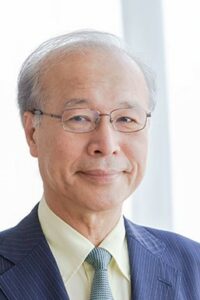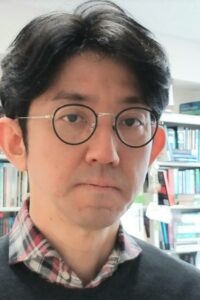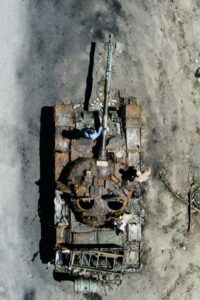
Countries involved in war waver between the pole of fundamental resolution and the pole of compromise peace. Immediate peace is not always the absolute preference. When will ceasefire talks begin and who will be the mediator? This article explores how wars end based on the mechanisms of war and peace. Chijiwa Yasuaki, Senior Fellow, National Institute for Defense Studies It appears that the Russia-Ukraine War will be protracted. Turkish President Recep Tayyip Erdogan has expressed willingness to mediate in ceasefire talks between Russia and Ukraine. Germany, France, Italy and other countries are also exploring options for an early ceasefire, but there have been no significant moves toward war termination. At the start of the Russian invasion of Ukraine on February 24, observers predicted a quick and overwhelming victory for Russia and exile for the Zelensky government. However, President Volodymyr Zelensky decided ... ... [Read more]


